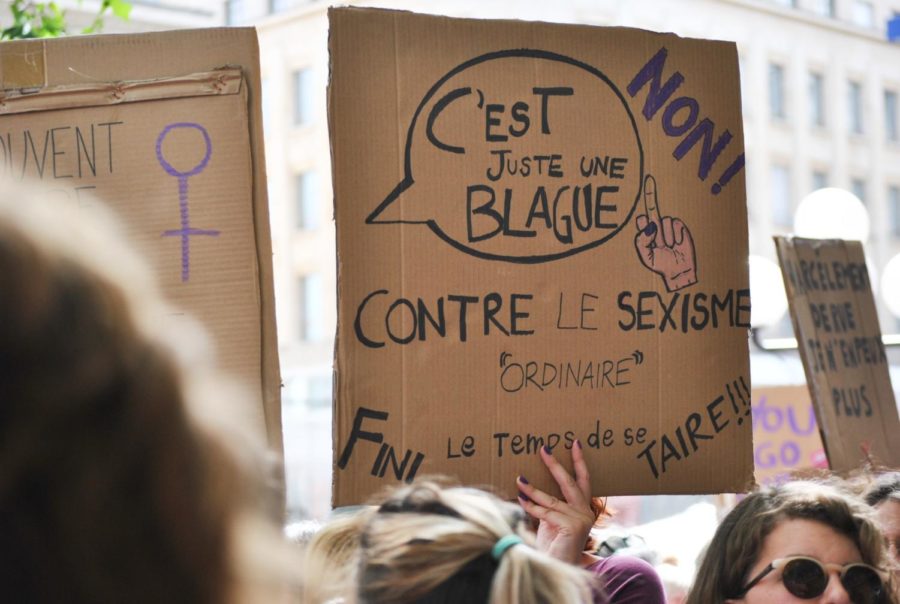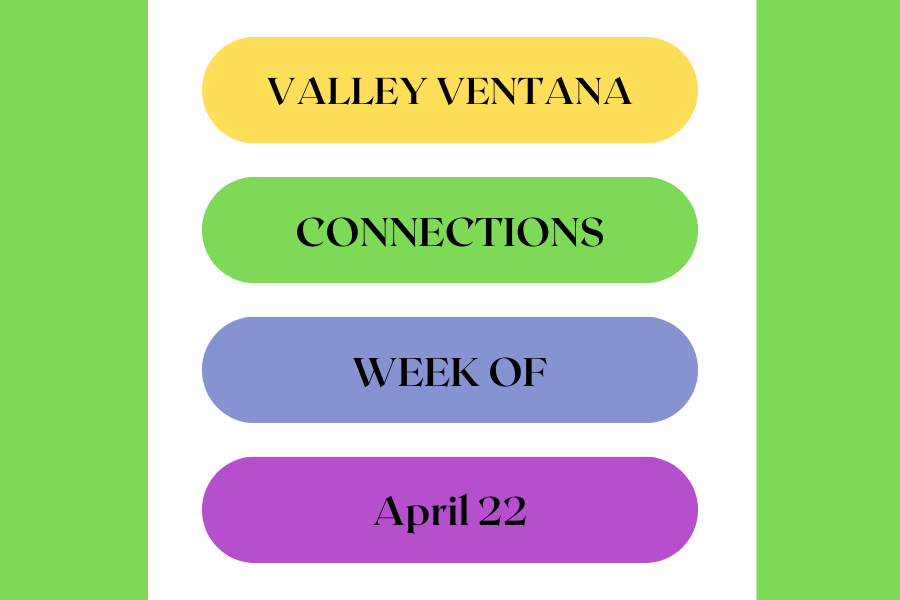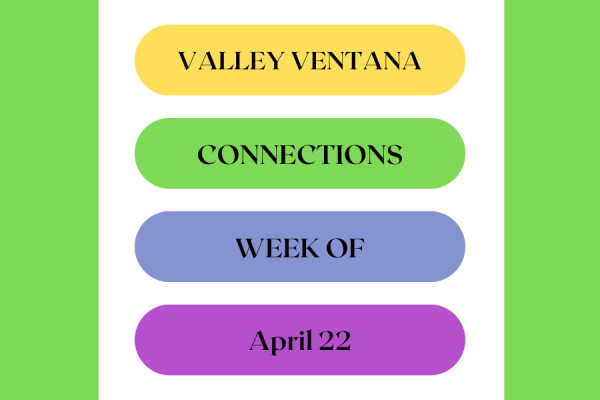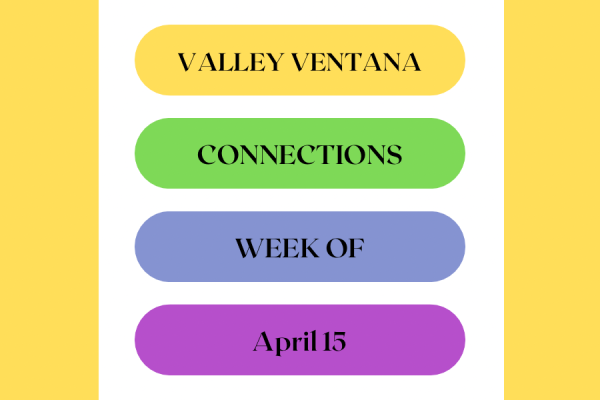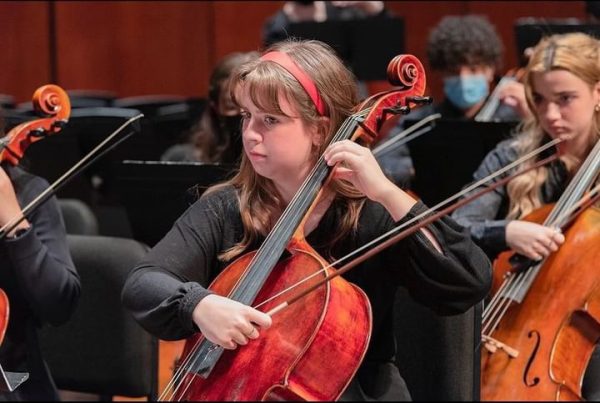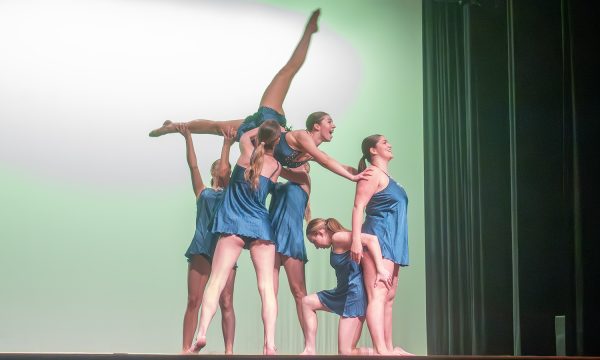Femnazism: a feminist story
Females share their side of the movement
January 15, 2020
In the words of Saturday Night Live’s ‘This Is Not A Feminist Song’, “The world, it needs an anthem, for all of women kind. A song to fight. A song to right the wrongs of all of time.”
Feminism: the advocacy of women’s rights on the basis of the equality of the sexes.
“My definition of feminism is the right of a girl, a woman, to choose the life she wants,” AP World History and AVID teacher Michelle Brown said. “If she wants to not go to college, fabulous. If she wants to, fabulous. If she wants to stay home and raise her children, fantastic. If she wants to get a job, work full time, and raise children, fabulous. It’s about a woman having the right to choose her own life.”
Many believe feminism is a fight for only women, but the definition of feminism shows it is a battle for equality for all genders.
“I define feminism as fighting for equality for all genders across all spheres of walks of life, not just in America but in other countries as well.” Senior Zoey Babyak said.
There are international anti-feminist networks that rally against feminism, holding signs with sayings such as, ‘women belong in the kitchen’ and ‘feminists kill their babies’.
“I think some view feminism, almost as femnazism,” Babyak said. “There are definitely a few people who take it and go, it’s pushing women’s rights but they almost take it to where women are to be the best and in charge, but I don’t think that’s what it should be at all. There are so many other issues that we should be fighting for, for women, but people are focusing on minor little details.”
In 2014, Katy Perry, the award winning artist, announced she was not a feminist, but later backed and explained she had not known what the movement really was. After learning more about feminism, she was proud to say she was a feminist.
“Here, they look at it as a bad word and that makes me very sad because it’s the feminist movement that gave women the right to vote,” Brown said, “It was women who did not follow the rules that gave me the right to sit at this desk, become a college educated women, and to decide I can work and be a mom at the same time. In other places of the world, like where I grew up, it’s an unembraceable term.”
Women and men all over are scared to call themselves feminists. This may be because they don’t understand what feminism is, or because they know how people look at feminism.
“It makes me sad that women think it’s a bad word.” Brown said. “It’s women who fought against male domination, male society, and intrinsic patriarchy that changed the world for me.”
It wasn’t until the 1974 Equal Credit Opportunity Act that it became illegal to refuse a credit card to a woman based on her gender.
“When I was a young teacher, I was told, ‘you need to stay where you are, you could never be above anything else’.” Brown said. “I wanted to get a graduate degree, they told me to get it in my subject matter because I wasn’t a male coach, so therefore there was no way I could ever move up in teaching, like be an administrator. Now, that’s not true. We have grown in that. We do have some great female administrators here, however in my day-to-day life, I do see [sexism]. I see it even with young people: ‘oh you know how girls are’, ‘she must be on her period’.”
In 2018, women made an average of 82% of what men made. Women earn 79 cents for every dollar men earn.
“The majority of people in power are men,” Brown said, “I’ve experienced [sexism] myself-recently-I’ve had males and colleagues of mine say, ‘oh, that’s just how women are, hysterical.’ Really? So when this colleague of mine loses his temper, that’s normal, because he’s a man, but if a girl does it, she’s hysterical. What exactly this person said was, ‘We have too many female administrators at this school and that’s a problem.’”
While women hold about 52% of professional-level jobs, they hold only five percent of executive- and senior-level managers positions, hold only 20 percent of board seats, and are only six percent of CEOs.
“Women dress a certain way and well, ‘they shouldn’t be dressing that way, it’s disruptive to boys’, that’s intrinsic patriarchy,” Brown said. “Women being blamed for a males behavior because of the way they look or the way they dress. Girls- something happens, it’s their fault. Instead of teaching our young men, we tend to blame the victim: shaming girls and saying the way they are dressing is disrespectful or improper or it interrupts the learning process.”
42% of women in America say they have faced discrimination in the workplace because of their gender. That is about four in ten working women.
“If we don’t allow young people to express themselves, they will find another outlet to express themselves,” Brown said. “As a mother, as a teacher of teenage girls, I know that for a fact [judgement on girls’ clothing has caused anxiety], because they talk to me about it. I am working with these young girls who are crying to me because they have been shamed. I’ve had them tell me that teachers call them names.”
Babyak believes now is the time to focus on women in other countries.
“[Sexism] is not as big of an issue here in America, although there are still some that are extremely sexist, and there are still some underlying beliefs that happen where if a woman is in charge, there will be times where she’ll be considered bossy or cruel, but when a man’s in charge, he’s the boss and just trying to get things controlled,” Babyak said. “I’ve seen that. It’s definitely there.”
Half a billion women are denied the opportunity to learn how to read. 130 million girls cannot go to school.
“Sexism in other countries is still fully alive, and I think it’s our right, as women, to not just fight for those in our country but for those in other countries, because we could easily just have been in that position,” Babyak said. “Overseas, you can definitely see it: girls are being denied school, they’re being forced to leave school because they’re on their period, they’re being shot because they’re standing up for being able to go to school. It’s definitely prominent in education and letting women have a voice in the world, in other countries.”
Women in some parts of Africa spend 40 billion hours every year collecting water. Women there have very limited job opportunities and are expected to do all the household chores.
“We’re starting to nitpick at things, and almost ignore things in other countries.” Babyak said. “It should be all women. It’s being so focused on one side of women, it isn’t focusing on all women.”
The women’s movement today has the publicity it longed for back when Abigail Adams was writing, “remember the ladies”, and the differences are being made.
“In the early 70s, I still remember women fighting and marching up and down in Washington,” Brown said. “What I’ve realized is that women everywhere are standing up and saying, ‘we have a say so’. In Saudi Arabia, women have just won the right to get a driver’s license and drive a car. It’s not just an American movement, it’s a worldwide movement.”
Feminism was largely impacted by the Me Too Movement, a movement against sexual harassment and assault survivor and activist Tarana Burke. According to the National Sexual Violence Resource Center, one in five women and one in 71 men in America will be raped at some point in their lives. Before turning 18, one in four girls and one in six boys will be sexually abused.
“What I appreciate most is [the Me Too Movement] allows women who have been quiet about things that have happened to come forward, and when an older woman comes forward, it says, ‘I’m not the only one,’ because it was happening before me,” Brown said. “It shows young girls: don’t be afraid, come forward.”
Feminism is a movement important for today’s youth to be learning about, because the issues being faced today could be solved by that very youth.
“Girls can do anything they set their minds to, if you want to do it, don’t let anyone tell you you can’t do it,” Brown said. “You can do anything. It’s your life and it’s your choice to live the life you choose. You choose your life. No one chooses it for you.”
“Be kind to everybody and don’t forget them,” Babyak said. “In the end, it’s not just about you. You are one small part of this world, you are one little gear that makes things tick. Be kind, and try to help people if you can.”
Feminism: a war against sexism, a war for equality.

